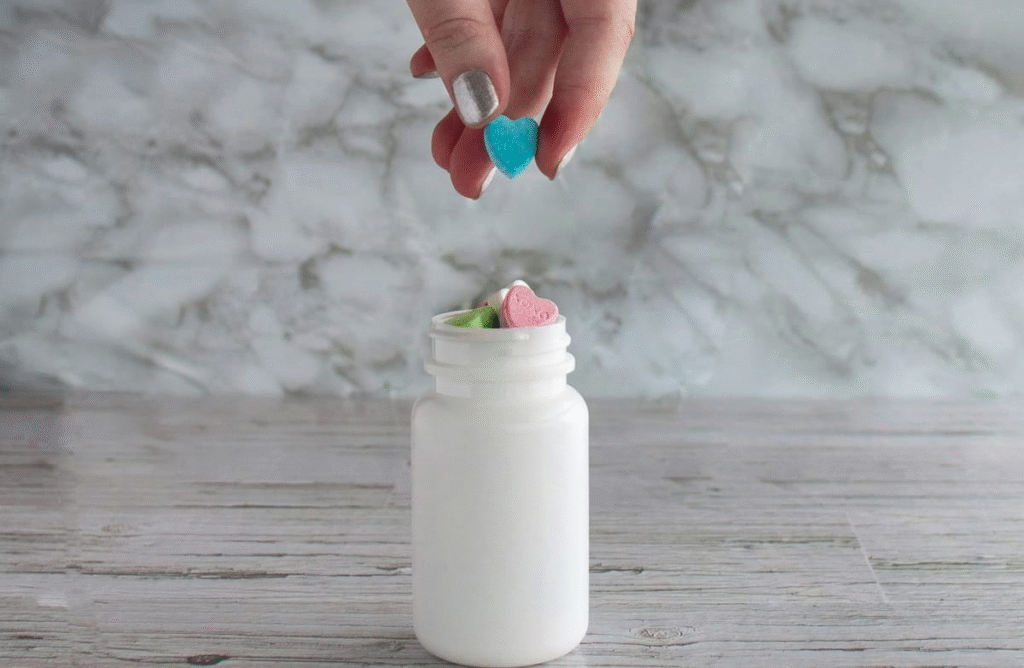In honor of American Heart Month, this article highlights the role of cardiology pharmacists in managing heart health. We also get a closer In honor of American Heart Month, this article highlights the critical role cardiology pharmacists play in managing heart health. Additionally, we take a closer look at the career of Dr. Michael Gillette, a cardiology pharmacist, who shares his personal journey and offers advice for those considering a career in this field.
The Role of Pharmacists in Heart Health
Cardiology pharmacists specialize in medications for patients with cardiovascular diseases or those at risk. They work closely with the healthcare team in various areas, such as:
- Heart transplants
- Artificial heart pumps
- Anticoagulation therapy (blood clot prevention)
Their expertise is vital for optimizing medication therapy and ensuring better outcomes for patients with heart conditions.
A Day in the Life of Dr. Michael Gillette
Dr. Gillette provides insight into his daily routine as a cardiology pharmacist:
What Makes This Career Unique
The cardiology pharmacy field is constantly evolving, with advances in research and medication. Interdisciplinary knowledge is highly valued, and pharmacists in this field can significantly impact patient care. This profession offers flexibility and continuous learning opportunities.
A Typical Workday
- Patient care: Dr. Gillette manages medications and ensures patients receive the best cardiac treatments.
- Scholarly efforts & research: He stays informed about the latest advancements in cardiology.
- Administrative functions: Coordinating with healthcare teams and overseeing clinical practices.
- Teaching: Dr. Gillette also educates students and colleagues in the field.

Most Rewarding and Challenging Moments
Most Rewarding Day
Dr. Gillette believes the most rewarding day of his career will be when he retires, knowing he has contributed to improving patient care and advancing research.
Most Challenging Day
His first day in a coronary care unit after completing post-graduate work was the most challenging. Although initially feeling unprepared, he gained confidence as he gained experience.
Why Choose Cardiology Pharmacy?
Dr. Gillette chose pharmacy due to:
- Rapid advancements in medication knowledge, which increased demand for specialists.
- Non-invasive care: He wanted a specialized and impactful career without the need for invasive procedures. Cardiology offered the ideal fit.
How to Pursue a Career in Cardiology Pharmacy
To become a cardiology pharmacist, Dr. Gillette followed these steps:
- Pharmacy School
- Hospital Practice Residency (1 year)
- Clinical Research Fellowship in Cardiology (2 years)
Advice for Future Pharmacists
Dr. Gillette advises aspiring pharmacists to:
- Be prepared for competition: The pharmacy field is highly rewarding but also very competitive.
- Expect transitions: Pharmacists may find themselves moving from traditional roles to more direct patient care areas, especially in specialized fields like cardiology.
Conclusion
Cardiology pharmacists play an essential role in cardiovascular health, impacting patient care through specialized medication management and research. The field is dynamic and offers substantial opportunities for growth. If you’re interested in pursuing a career in cardiology pharmacy, Dr. Gillette’s experience offers valuable insight into the path ahead.
Alos Read : What Is a Pharmacy Technician? A Simple Guide
